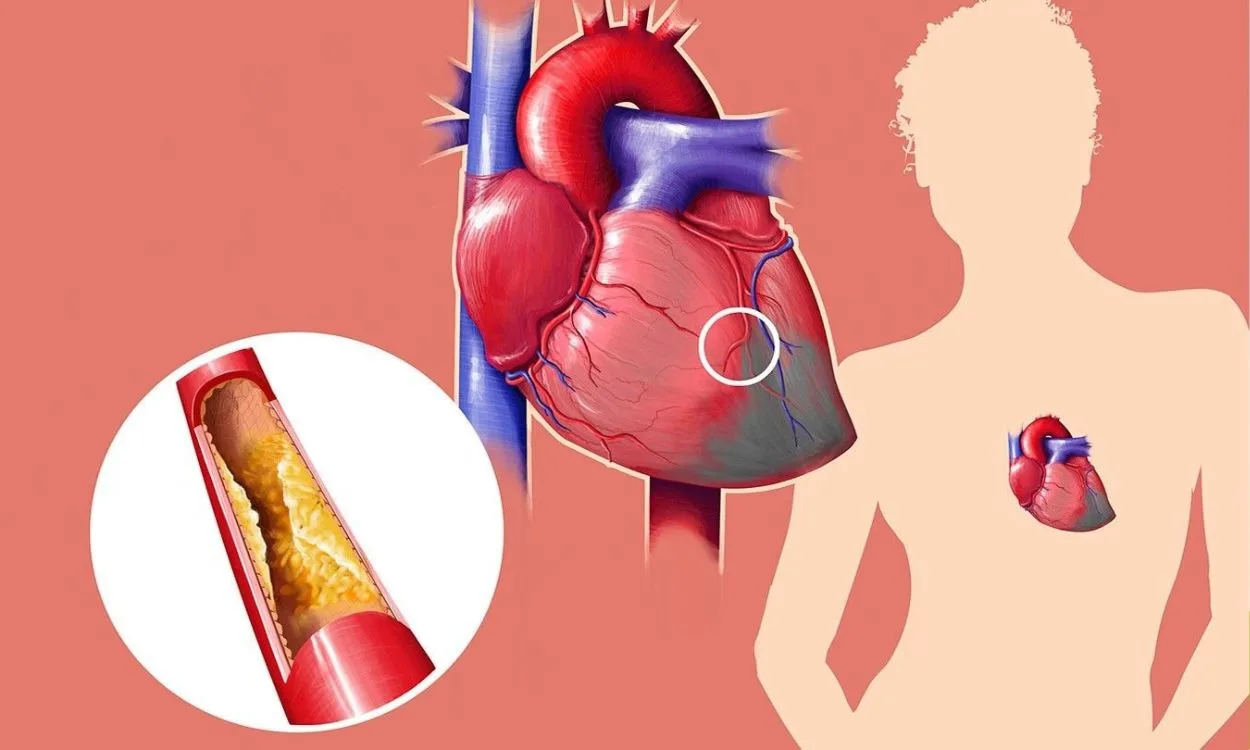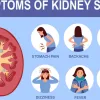What is cholesterol and how does it affect heart health?
Cholesterol is a waxy, fat-like substance that is found in every cell of the body. It is produced by the liver and is also found in certain foods. While cholesterol is necessary for many bodily functions, having high levels of cholesterol in the blood can increase the risk of heart disease.
Types of cholesterol
There are two types of cholesterol: LDL (low-density lipoprotein) cholesterol and HDL (high-density lipoprotein) cholesterol.
- LDL cholesterol: Often referred to as “bad” cholesterol, LDL cholesterol carries cholesterol from the liver to the cells in the body. If there is too much LDL cholesterol in the blood, it can build up in the walls of the arteries, leading to the formation of plaques. These plaques can restrict blood flow and increase the risk of heart disease.
- HDL cholesterol: Known as “good” cholesterol, HDL cholesterol helps remove LDL cholesterol from the bloodstream and carries it back to the liver, where it is broken down and excreted. Higher levels of HDL cholesterol are associated with a lower risk of heart disease.
The impact of cholesterol on heart health
High levels of LDL cholesterol and low levels of HDL cholesterol can contribute to the development of heart disease. When there is an excess of LDL cholesterol in the blood, it can accumulate in the arteries, causing them to narrow and harden. This condition is known as atherosclerosis and can lead to various cardiovascular problems, including:
- Coronary artery disease: Atherosclerosis in the coronary arteries, which supply oxygen-rich blood to the heart, can lead to chest pain, heart attack, or even heart failure.
- Stroke: If atherosclerosis affects the arteries that supply blood to the brain, it can result in a stroke, which occurs when blood flow to the brain is blocked or reduced.
- Peripheral artery disease: Narrowed arteries in other parts of the body can cause pain, numbness, and reduced blood flow to the limbs, especially the legs.
Managing cholesterol levels
Maintaining healthy cholesterol levels is essential for heart health. Here are some lifestyle changes that can help manage cholesterol levels:
- Eat a heart-healthy diet: Focus on consuming foods that are low in saturated and trans fats. Include more fruits, vegetables, whole grains, and lean proteins in your diet. Limit the intake of processed and fried foods.
- Exercise regularly: Engage in at least 150 minutes of moderate-intensity aerobic activity or 75 minutes of vigorous-intensity activity every week. Exercise helps increase HDL cholesterol levels and lower LDL cholesterol levels.
- Maintain a healthy weight: Losing excess weight can have a positive impact on cholesterol levels. Aim for a body mass index (BMI) within the healthy range.
- Quit smoking: Smoking not only damages the blood vessels but also reduces HDL cholesterol levels. Quitting smoking can help improve overall heart health.
- Limit alcohol consumption: Excessive alcohol intake can increase cholesterol levels and contribute to weight gain. Drink alcohol in moderation, if at all.
Fitpaa: Your partner in achieving heart health goals
If you are looking for a comprehensive solution to manage your cholesterol levels and improve heart health, Fitpaa can assist you. With our AI-driven metabolism monitoring and management technology, we provide personalized plans to optimize metabolism and achieve health and fitness goals.
Fitpaa offers a range of services, including medical nutrition therapy, exercise therapy, and cognitive behavior therapy. Our team of experts, including fitness coaches, nutritionists, and doctors, work together to create a personalized Fitpaa Capsule based on your metabolism, current lifestyle, and health goals.
The Fitpaa app provides real-time guidance and monitoring, helping you follow your Fitpaa Capsule with precision. With features like virtual workout trainers, diet tracking, and performance tracking, the Fitpaa app makes it easy to adhere to your plan and track your progress.
Your heart health is our priority. Download the Fitpaa app today to start your journey towards a healthier heart and a better future. Remember, your well-being is our mission, and we are here to support you every step of the way.









